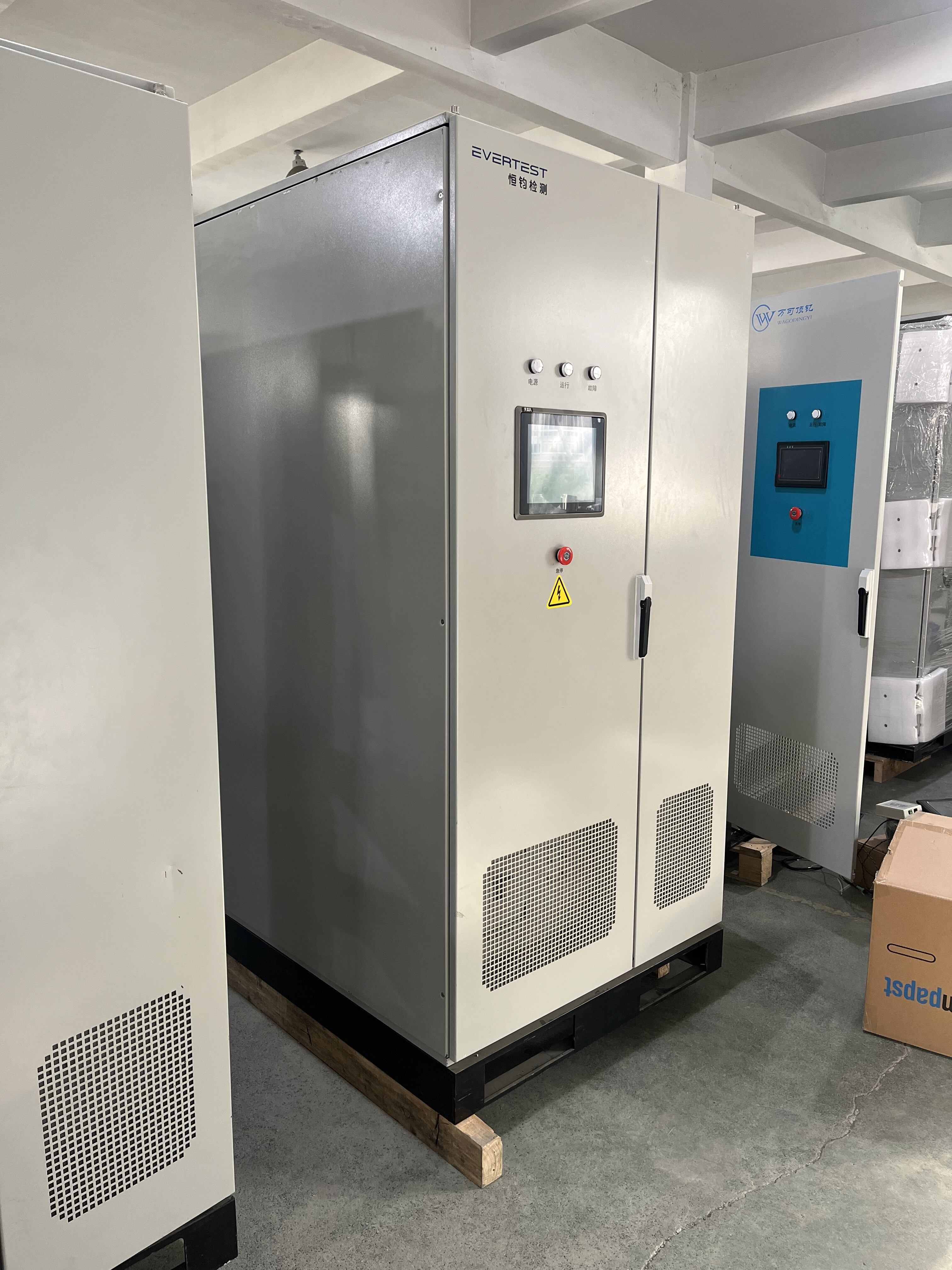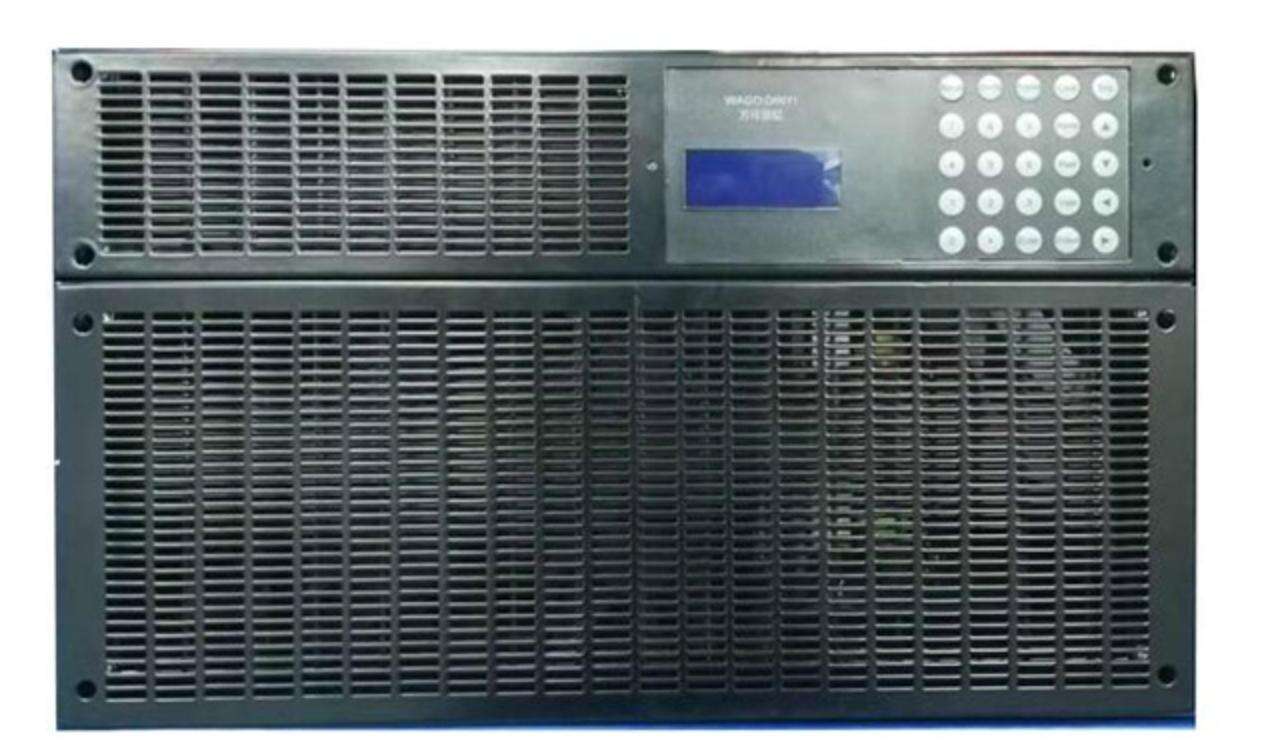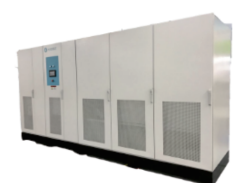linear dc power supply
A linear DC power supply is a fundamental electronic device that converts alternating current (AC) from the main power source into stable direct current (DC) output. This conversion process involves several key components working in harmony: a transformer for voltage reduction, a rectifier for AC to DC conversion, a filter for smoothing the output, and a voltage regulator for maintaining steady voltage levels. The transformer steps down the high voltage AC input to a more manageable level, while the rectifier, typically consisting of diodes, converts the AC waveform into pulsating DC. The filter section, usually comprising capacitors and inductors, smooths out these pulses to create a more stable DC output. The voltage regulator then ensures the output voltage remains constant despite variations in input voltage or load current. Linear DC power supplies are renowned for their clean output with minimal noise and ripple, making them ideal for sensitive electronic equipment. They find extensive applications in laboratory settings, testing equipment, audio devices, and various industrial processes where stable, precise power delivery is crucial. Their robust design and reliability have made them a staple in both professional and educational environments, particularly where consistent, well-regulated power is essential for accurate operations and measurements.




